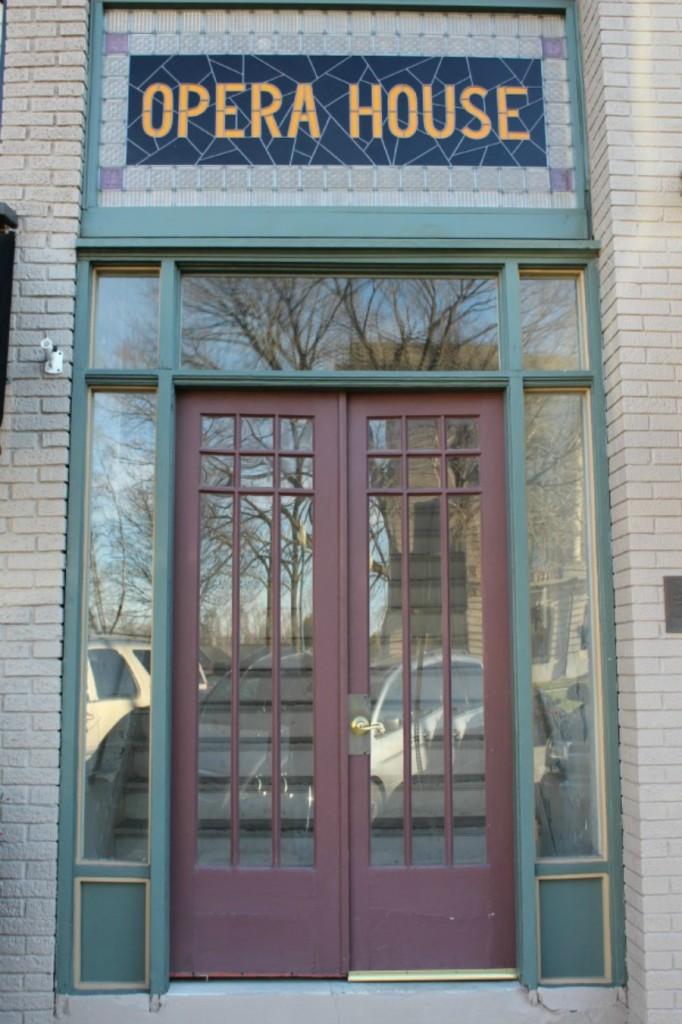Built in 1864, the City Hall Building was a grand structure in the heart of downtown Delphi. On the third floor of this building was the location of the Opera House, used for majestic balls and other public events including concerts, ceremonies, and theatre performances. One of the first events held in the Opera House was a ball put on for Company B, after coming home from war, in June of 1865.
Unfortunately by the late 1900’s other venues had started to catch the eyes of many patrons and the building had begun to diminish in popularity. In 1914 the Opera House was closed by the fire inspector and never reopened. Over the years the Opera House had become nothing more than a simple storage room for the businesses below it. The grand backdrops and its fine plaster had been extravagantly damaged throughout the years as well.
In the mid 1900’s the Delphi Preservation Society got a hold of two-thirds of the City Hall building and began to repair and restore. After many years of work attempting to stabilize the roof and clear all of the debris left from decades of abuse, the Opera House has became a fascinating project. The roof has been restored and they have already began to reconstruct the facet of the first building.
The city of Delphi has received a grant, the Stellar Grant. Through this grant there will be two main projects completed in the city of Delphi. The Opera House is on the top of the list. 2.5 million dollars is going into the reconstruction of this magical place.
Throughout the years the Opera House has been home to many important performers including the famous James Whitcomb Riley. “Riley has performed at least 6 times throughout the Opera House’s life,” said Anita Werling, chair member of the Opera House advisory board. In the upcoming years she hope to bring in all kinds of events. From performances, to weddings, and maybe even proms. “We are hoping that the new highway will also bring in many new people from the surrounding areas to show them just how historical Delphi is,” said Anita Werling.
The reconstruction of the Opera House has already begun, although the final plans are not yet set in stone. They have been planning on having a seating capacity of 200, heating and cooling, handicap accessible elevators, a restoration of the original dressing rooms, and also adding new ones. They also plan on building a new ticket lobby. “This project is a very exciting one, and we can not wait to get things rolling,” said Anita Werling. Considering things go as plan, the Opera House is estimated to begin with their plan in August of 2013.















